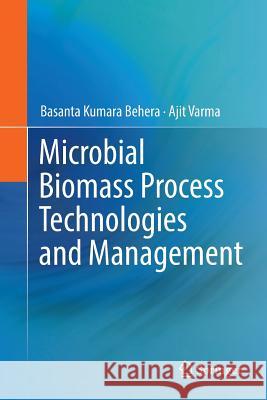Microbial Biomass Process Technologies and Management » książka
topmenu
Microbial Biomass Process Technologies and Management
ISBN-13: 9783319852744 / Angielski / Miękka / 2018 / 306 str.
Kategorie:
Kategorie BISAC:
Wydawca:
Springer
Język:
Angielski
ISBN-13:
9783319852744
Rok wydania:
2018
Wydanie:
Softcover Repri
Ilość stron:
306
Waga:
0.46 kg
Wymiary:
23.39 x 15.6 x 1.75
Oprawa:
Miękka
Wolumenów:
01
Dodatkowe informacje:
Wydanie ilustrowane











